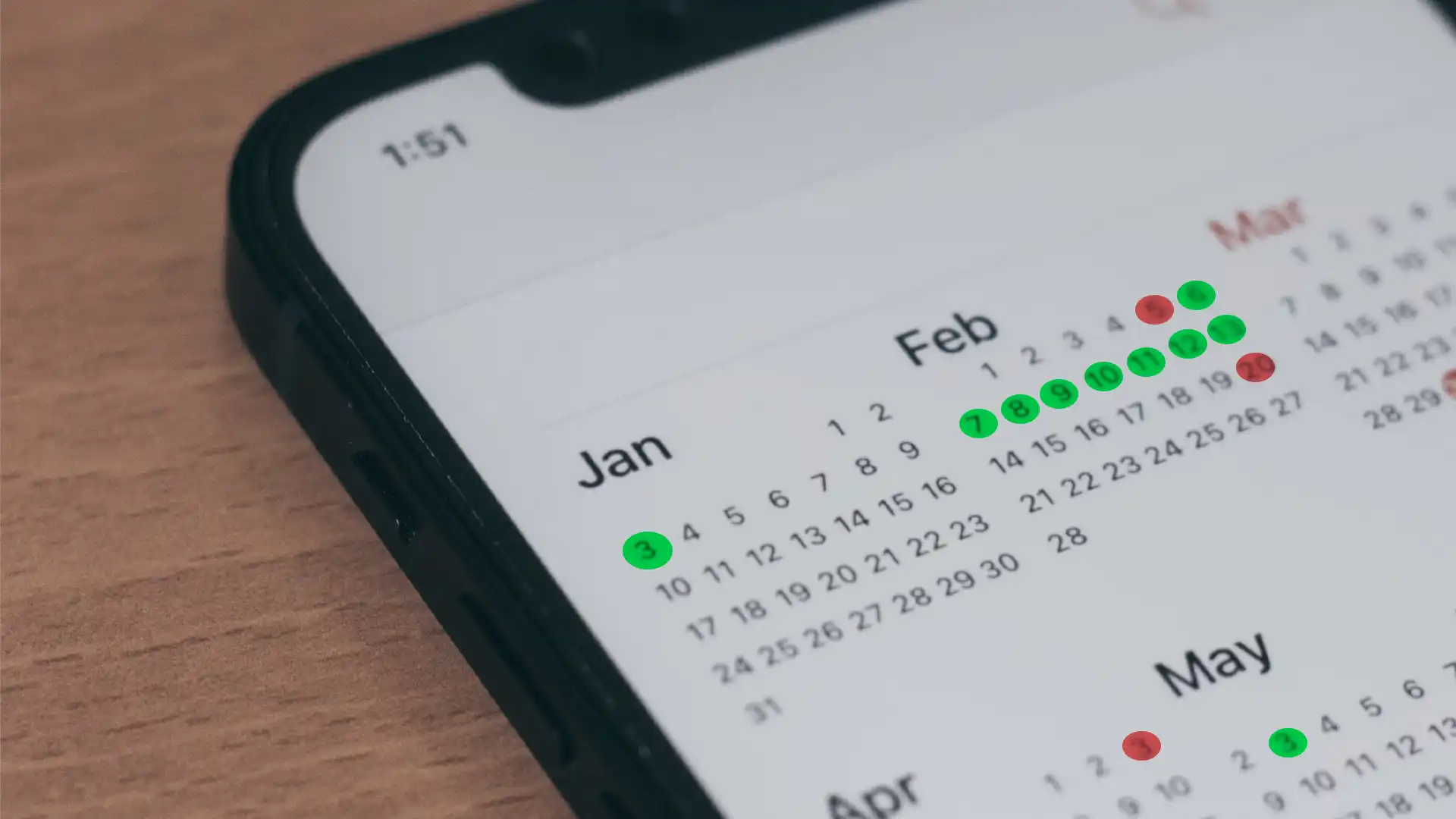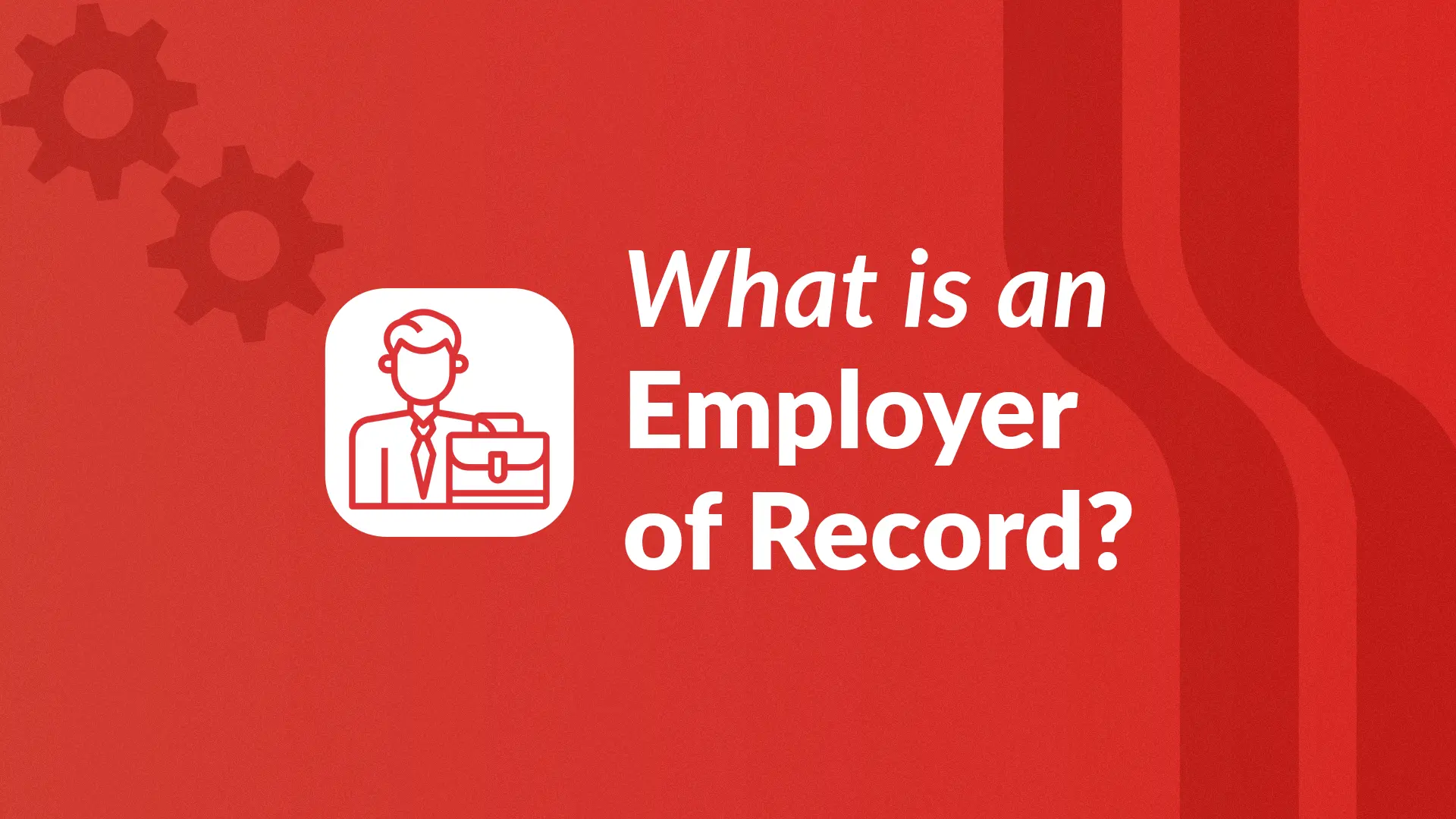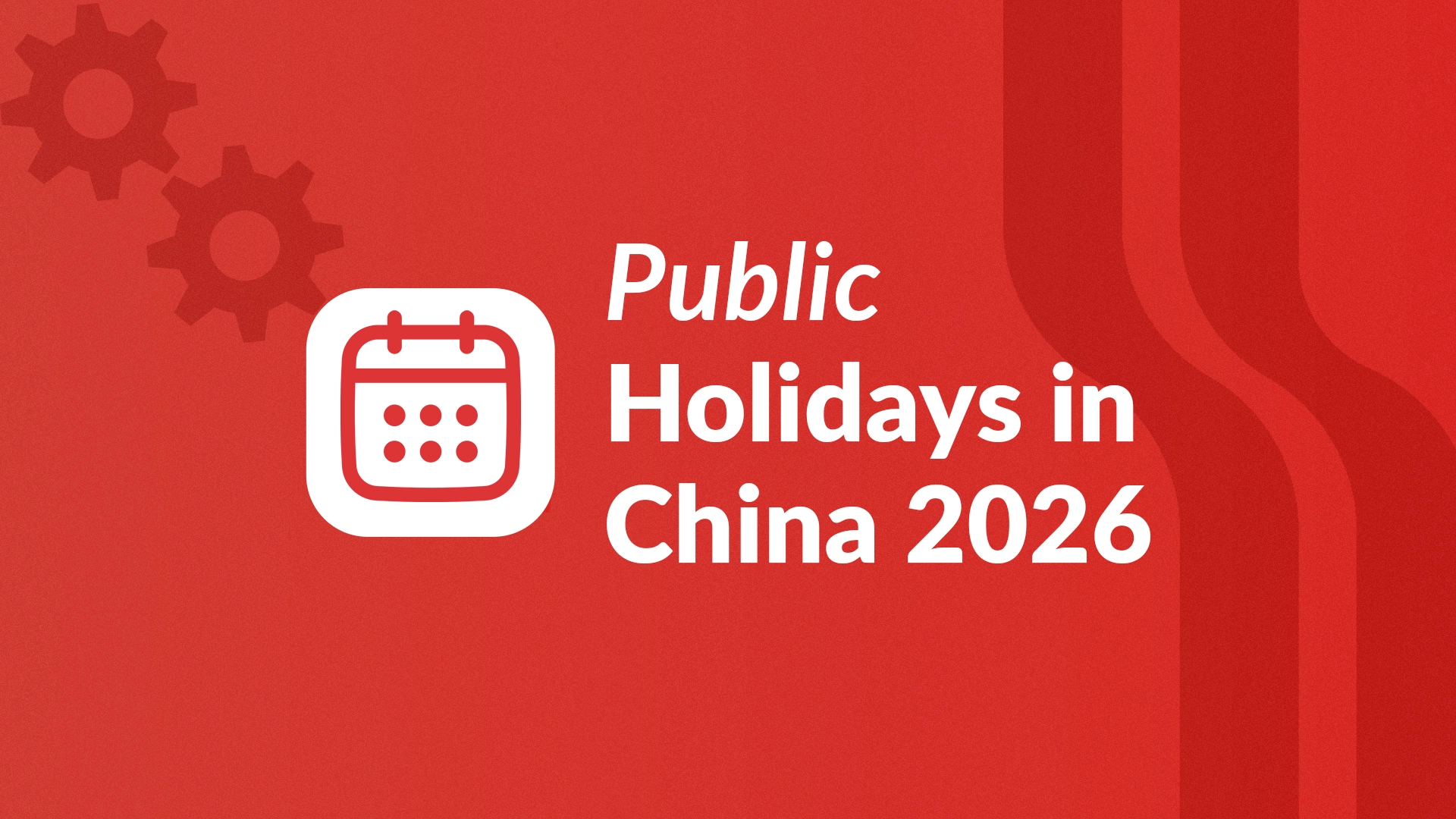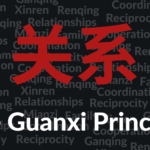At the time of writing this blog, it is a Sunday afternoon, and most people in China are in the office. The reason everyone is in the office is because next week there is the May national holiday lasting five days, and today is a compensation day. Recently, there have been growing calls for reform to the national holiday schedule, including the removal of compensation days.
Many clients of Kinyu do not clearly understand how the national holidays are organized, so this article sheds more light on the topic.

Why does China have Compensation Days?
Before detailing compensation days, it’s important to understand the structure of national holidays in China. We have written a comprehensive article on employee leave entitlements, but here’s an excerpt focusing on the national holiday calendar:
| Holiday | Chinese Name | Date | Length of Holiday | Description |
|---|---|---|---|---|
| New Year’s Day | 元旦节 | Jan. 1 | 1 day | Marks the start of the Gregorian Calendar year. |
| Chinese New Year | 春节 | According to Lunar Calendar (Jan-Feb) | Typically, 7 days | Also known as Spring Festival; the most important holiday in China; marks the Lunar New Year and involves family reunions and traditional customs. |
| Qingming Festival | 清明节 | According to Lunar Calendar. Around April 4 or 5 | 1 day | Also known as Tomb-Sweeping Day; a time for honouring ancestors and enjoying outdoor activities. |
| Labour Day | 劳动节 | May 1 | 3-5 days (varies) | Celebrates workers and laborers; often includes several days of public holiday. |
| Dragon Boat Festival | 端午节 | According to Lunar Calendar (usually in June) | 1 day | Honours the ancient poet Qu Yuan; involves dragon boat races and eating zongzi (glutinous rice dumplings). |
| Mid-Autumn Festival | 中秋节 | According to Lunar Calendar (Sept or Oct) | 1 day | Time for family reunions; celebrated with mooncakes, lanterns, and gazing at the full moon. |
| National Day | 国庆节 | Oct. 1 | 7 Days | Commemorates the founding of the People’s Republic of China in 1949; includes seven days of public holiday and national celebrations. |
The main rationale for compensation days is twofold:
- Lunar Calendar Alignment: As you can see from the national holiday calendar, many holidays revolve around the Lunar Calendar and not the Gregorian Calendar. This means that in some years, a disproportionate number of holidays may fall within the working week. Compensation days are used to counter this imbalance.
- Facilitating Block Holidays: The Chinese working calendar can have up to 23 national holidays, which is quite high compared to European countries that typically have 10-15 days. Since China is an industrial powerhouse, longer periods of holidays, such as the May holiday when all employees are off, can impact business workflows, productivity, and overall operational needs.
To address these factors, compensation days were implemented.
How are Compensation Days Allocated?
According to Lunar Calendar
Every year, the holiday calendar for the following year is announced, based on the Lunar Calendar. It will highlight which Gregorian dates the lunar holidays fall on and then apply compensation days where necessary.
Let’s look at the Dragon Boat Festival as an example:

The Dragon Boat Festival is three days long. In 2024, this falls over Saturday, Sunday and Monday, so there is only one working day holiday. However, in 2023, these three days went across Thursday, Friday and Saturday, making two working days a holiday. Therefore, the following Sunday was allocated as a compensation working day.
To Create Block Periods
Other holidays and compensation days are not linked to the Lunar Calendar but are more focused on giving workers a larger block of holiday time. In China, statutory requirements for annual leave are not very high. You can read the full list in our leave allowance blog. Additionally, high levels of worker migration mean that many people work in cities far from their families, so national holidays play a much larger role in society.
Take National Day (国庆节) as an example. Oct. 1 each year commemorates the founding of the People’s Republic of China. This holiday is seven days long, which gives everyone an extended break to travel home and spend time with family. However, this has a major toll on employers and factories, with zero productivity for a week. So there are always compensation days to make up for this, like in 2024.

The National Day holiday runs from Oct. 1 to Oct. 7, but Sept. 29 and Oct. 12 are compensation working days to make up for the long block holiday.
How can you plan for this?
In our experience, tracking holidays in another country is difficult as it is not top of mind, especially when the exact days move around each year. At Kinyu, we constantly remind our clients of the longer holiday periods so they can plan their work effectively. The most notable is the Chinese New Year holiday, which has a major impact on production planning.
Since The China Desk by Kinyu is a supply chain-focused employer of record, we are constantly in tune with our team members, their work schedules and planned holidays. If you need more on-the-ground support, get in touch to learn more about how we can provide the management structure for your team in China.








